
Mount Elgon National Park: Kenya’s Untouched Wilderness
Mount Elgon National Park is a hidden gem nestled on the border of Kenya and Uganda. This park is a haven for nature lovers, offering a blend of stunning landscapes, diverse wildlife, and rich cultural heritage. The centerpiece of the park is Mount Elgon, an extinct volcano featuring one of the largest calderas in the world. With its cool climate and lush forests, the park is a perfect escape from the hustle and bustle of city life. Visitors can explore a variety of trails that cater to both casual walkers and seasoned hikers. The park is home to a plethora of wildlife, including elephants, buffaloes, and various bird species. The Kitum Cave, carved by elephants searching for salt, is a highlight and a must-see. The cave's fascinating history and the chance to see these majestic animals up close make it an unforgettable experience. In addition to its natural beauty, Mount Elgon National Park offers a glimpse into the local culture. The indigenous people around the park have fascinating traditions and stories, which you can learn about through guided tours. The park's serene environment is ideal for camping, bird watching, and nature photography. Whether you are an adventure seeker or simply looking to unwind, Mount Elgon National Park has something for everyone.
Local tips in Mount Elgon National Park
- Visit during the dry season (June to September) for the best hiking conditions.
- Hire a local guide to explore the caves safely and learn about the park's history.
- Carry warm clothing as the weather can be quite chilly, especially at higher altitudes.
- Bring binoculars for bird watching; the park is home to over 300 bird species.
- Don't forget a good camera to capture the stunning landscapes and wildlife.
Mount Elgon National Park: Kenya’s Untouched Wilderness
Mount Elgon National Park is a hidden gem nestled on the border of Kenya and Uganda. This park is a haven for nature lovers, offering a blend of stunning landscapes, diverse wildlife, and rich cultural heritage. The centerpiece of the park is Mount Elgon, an extinct volcano featuring one of the largest calderas in the world. With its cool climate and lush forests, the park is a perfect escape from the hustle and bustle of city life. Visitors can explore a variety of trails that cater to both casual walkers and seasoned hikers. The park is home to a plethora of wildlife, including elephants, buffaloes, and various bird species. The Kitum Cave, carved by elephants searching for salt, is a highlight and a must-see. The cave's fascinating history and the chance to see these majestic animals up close make it an unforgettable experience. In addition to its natural beauty, Mount Elgon National Park offers a glimpse into the local culture. The indigenous people around the park have fascinating traditions and stories, which you can learn about through guided tours. The park's serene environment is ideal for camping, bird watching, and nature photography. Whether you are an adventure seeker or simply looking to unwind, Mount Elgon National Park has something for everyone.
When is the best time to go to Mount Elgon National Park?
Iconic landmarks you can’t miss
Mount Kenya National Park
Discover the stunning landscapes and diverse wildlife of Mount Kenya National Park, a premier destination for adventure and nature enthusiasts in Kenya.
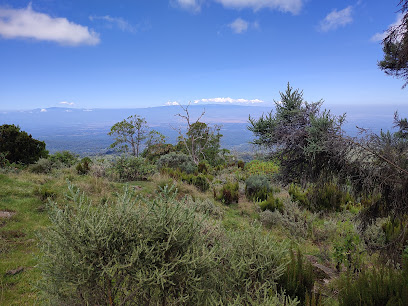
Mount Longonot National Park
Discover the breathtaking landscapes and rich biodiversity of Mount Longonot National Park, a must-visit national park in Kenya's Great Rift Valley.
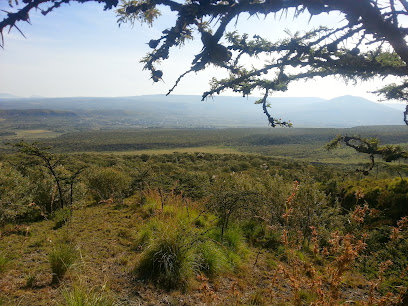
Mount Kenya
Explore the breathtaking beauty and adventure of Mount Kenya, Africa's second-highest peak, with its diverse ecosystems and stunning landscapes.
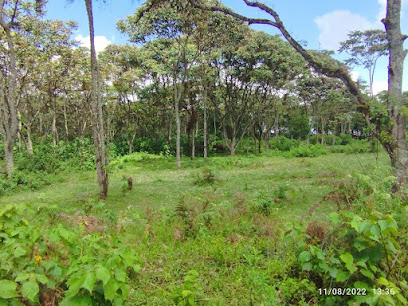
Ol Donyo Sabuk
Discover the breathtaking beauty of Ol Donyo Sabuk, a majestic mountain peak in Kenya, perfect for hiking, relaxation, and stunning vistas.
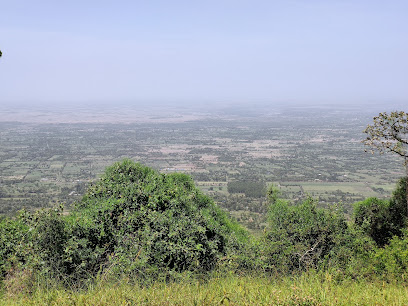
Mount Elgon
Explore Mount Elgon, Uganda: A volcanic paradise with stunning scenery, diverse wildlife, and exhilarating hiking adventures in East Africa.
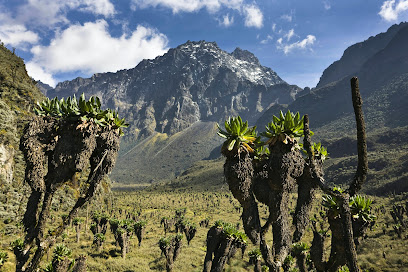
Lake Ellis
Discover the tranquil beauty of Lake Ellis, a stunning glacial lake on Mount Kenya, perfect for nature lovers and adventure seekers.

Chorlim Gate
Explore the breathtaking landscapes and vibrant wildlife at Chorlim Gate, the entrance to Mount Elgon National Park in Kenya.
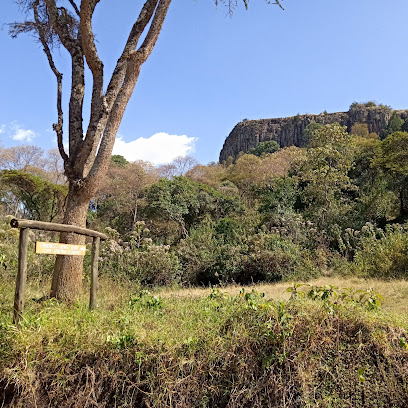
Mount Elgon Guest House
Discover the serene retreat of Mount Elgon Guest House in Kitale, perfect for relaxation and local adventures amidst breathtaking landscapes.

Kitum Caves
Discover the breathtaking geological formations and rich wildlife of Kitum Caves in Mount Elgon, a must-visit natural attraction in Kenya.
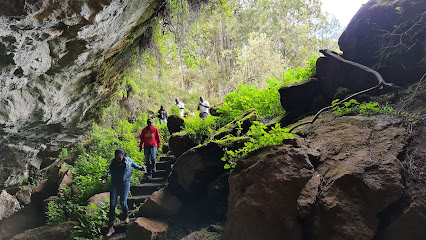
Mount Elgon Lodge
Discover tranquility and adventure at Mount Elgon Lodge, your gateway to the stunning beauty of Mount Elgon National Park in Kenya.
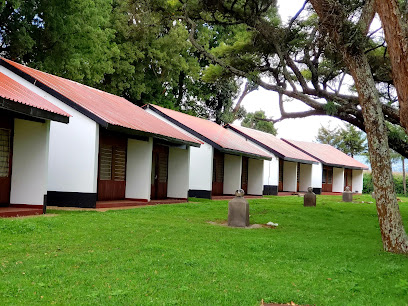
Central Island
Experience the untouched beauty of Central Island, a wildlife haven in Lake Turkana, perfect for nature lovers and adventure seekers.
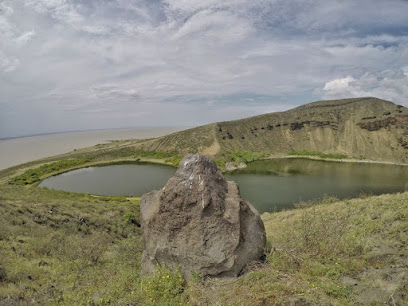
Mt. Elgon Forest Reserve
Explore the breathtaking landscapes and diverse wildlife of Mt. Elgon Forest Reserve, a top hiking destination in Kenya for adventure lovers.
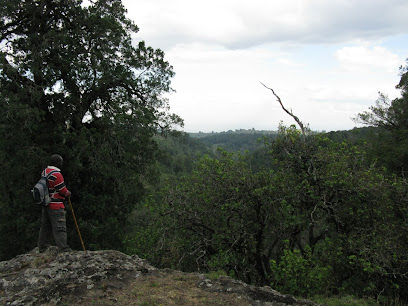
Mount Elgon Foundation
Discover the Mount Elgon Foundation in Kitale, Kenya – a hub of community empowerment and environmental conservation.
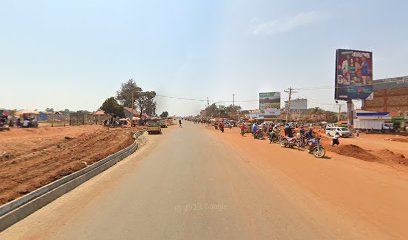
Mountain Elgon
Discover the breathtaking beauty of Mountain Elgon, a Kenyan gem offering adventure, wildlife, and rich cultural experiences amidst stunning landscapes.

Mount Elgon national park
Explore the majestic landscapes and vibrant wildlife of Mount Elgon National Park, a perfect retreat for nature lovers and adventure seekers in East Africa.

Unmissable attractions to see
Kitale Museum
Explore the fascinating cultural and natural history of Kenya at Kitale Museum, a must-visit destination for every tourist in Kitale.
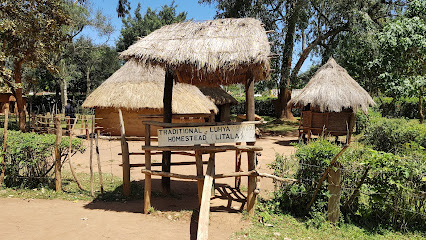
Sipi Falls
Explore Sipi Falls, Uganda: A stunning trio of waterfalls surrounded by lush landscapes, adventure trails, and rich cultural experiences.
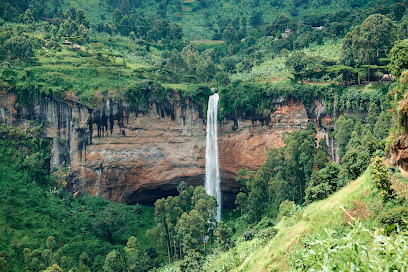
Nabuyole Falls
Discover the breathtaking beauty of Nabuyole Falls in Lwandeti, a natural wonder that captivates with its stunning cascades and serene surroundings.
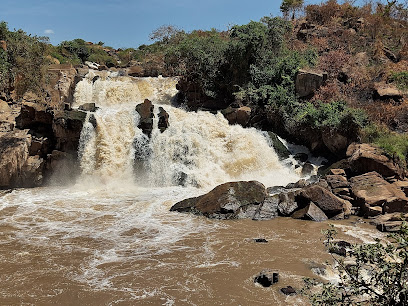
Kapenguria Museum
Explore the captivating history and vibrant culture at Kapenguria Museum, a must-visit destination for travelers in Kenya.
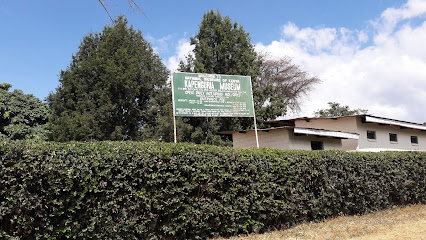
Sisiyi Falls
Experience the breathtaking beauty of Sisiyi Falls, a serene oasis in Uganda, perfect for nature lovers and adventure seekers alike.
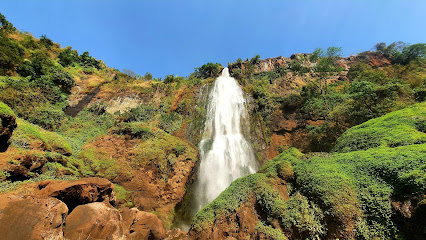
Buteyo Miti Park
Experience the tranquility of nature at Buteyo Miti Park, a beautiful oasis in Bungoma, perfect for relaxation and cultural exploration.
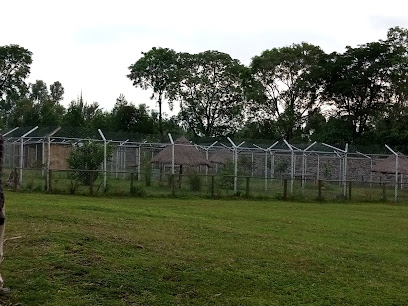
Kitum Caves
Discover the breathtaking beauty and rich biodiversity of Kitum Caves, a natural wonder in Endebess, Kenya, perfect for adventurers and nature lovers.
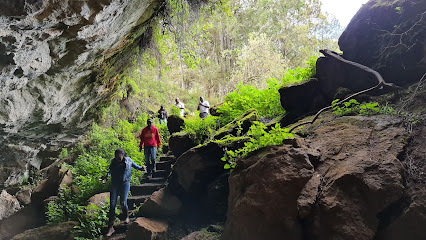
Mt Elgon Voyage
Explore the breathtaking beauty of Mt Elgon Voyage, a top hiking destination in Uganda, offering diverse trails for all adventurers.
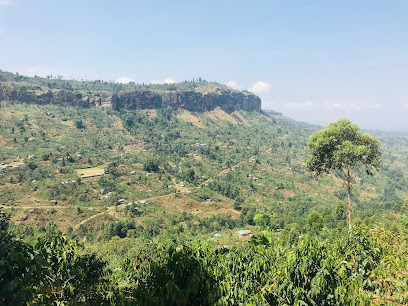
Treasures of Africa
Uncover the rich cultural and historical heritage of Africa at the Treasures of Africa Museum in Kitale, a must-visit for every traveler.

Kapkwai Exploration Center Mt Elgon National Park
Experience the breathtaking beauty and rich biodiversity of Uganda at the Kapkwai Exploration Center in Mt Elgon National Park.
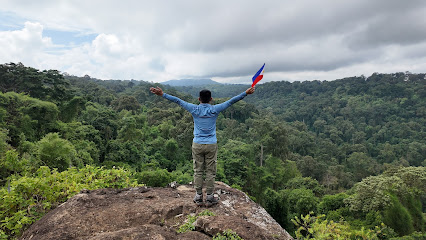
Chesurur Falls
Explore the enchanting Chesurur Falls, a hidden gem in Kenya, where cascading waters and breathtaking scenery await every visitor.
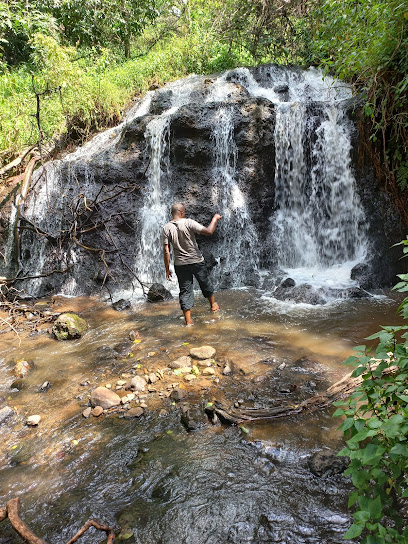
Sang'alo Hills National Reserve
Experience the enchanting scenery and diverse wildlife of Sang'alo Hills National Reserve in Bungoma, Kenya, perfect for nature lovers and adventurers.
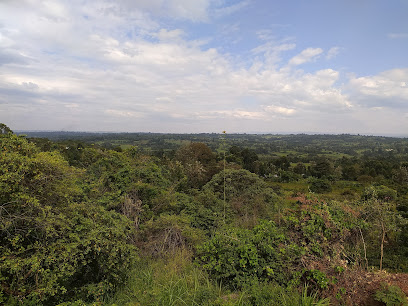
Tabasamu Afrika Adventures
Explore the breathtaking landscapes and vibrant culture at Tabasamu Afrika Adventures, the premier tourist attraction in Sinyerere, Kenya.

Koitoboss Peak
Explore Koitoboss Peak, a breathtaking hiking area in Kenya, where stunning views and rich biodiversity create an unforgettable outdoor experience.
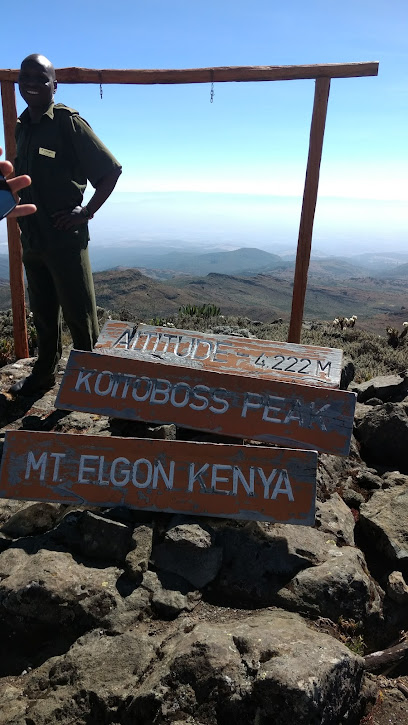
Sipi Magical Tours
Discover the breathtaking landscapes and cultural richness of Uganda through Sipi Magical Tours, an unforgettable adventure in nature.
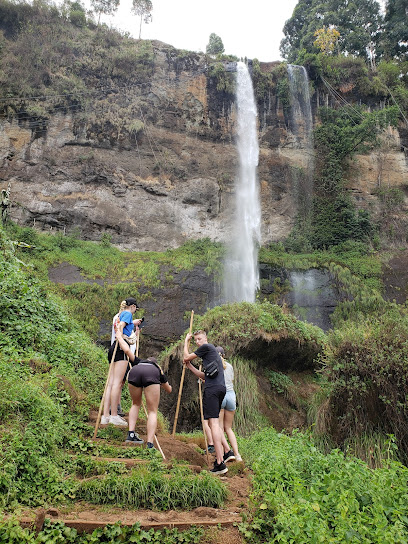
Essential places to dine
Talisman Restaurant
Experience the exquisite fusion of local and international cuisine at Talisman Restaurant in Nairobi's serene Karen suburb.
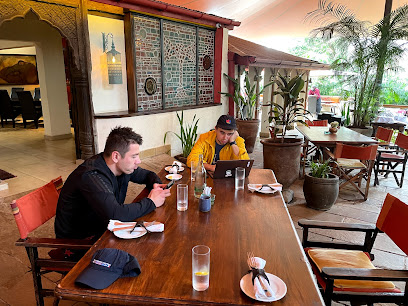
Habesha Ethiopian Restaurant
Discover authentic Ethiopian cuisine at Habesha Restaurant in Nairobi—an unforgettable dining experience filled with rich flavors and cultural heritage.
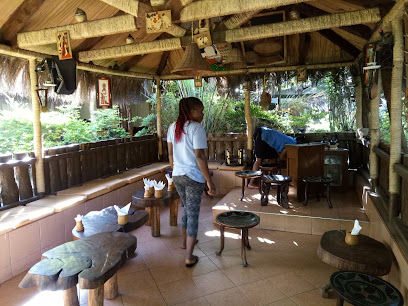
Mount Elgon National Park
Explore the breathtaking landscapes and rich biodiversity of Mount Elgon National Park – a hidden gem for adventure seekers in Kenya.
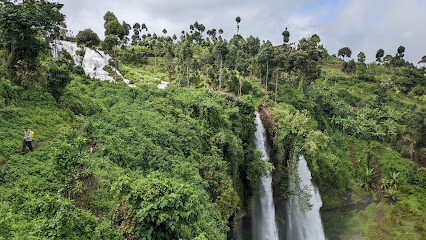
Mama Rocks Gourmet Burgers - Kilimani Branch
Experience the taste of Nairobi at Mama Rocks Gourmet Burgers - where traditional meets gourmet in every bite!
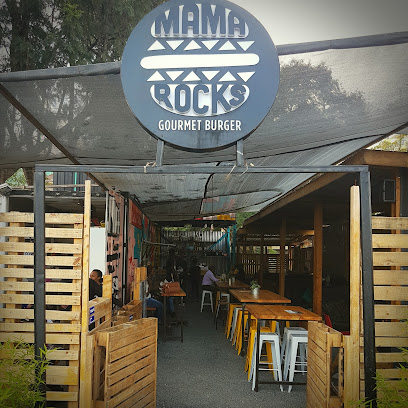
Mama Ashanti
Experience authentic West African cuisine at Mama Ashanti in Nairobi - a culinary gem showcasing vibrant flavors and cultural dishes.
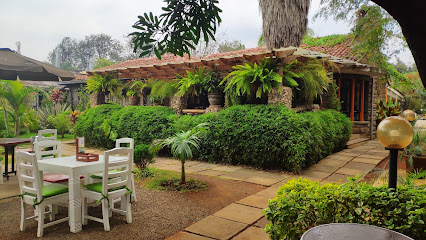
The Lord Erroll
Discover exquisite dining at The Lord Erroll, where culinary artistry meets breathtaking surroundings in Nairobi's Kitisuru area.
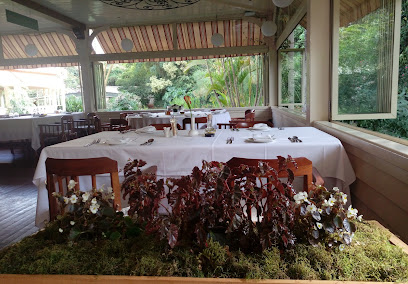
Mawimbi Seafood Restaurant
Experience exceptional seafood and Italian cuisine at Mawimbi Seafood Restaurant in Nairobi's vibrant dining scene.
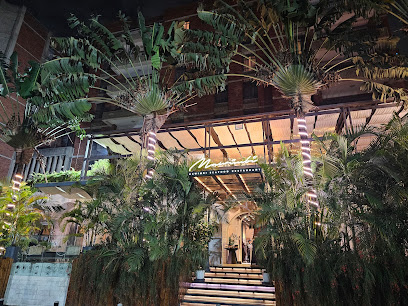
Wasp & Sprout
Discover Wasp & Sprout: A charming restaurant in Nairobi offering fresh, locally sourced dishes and a cozy atmosphere perfect for any meal.
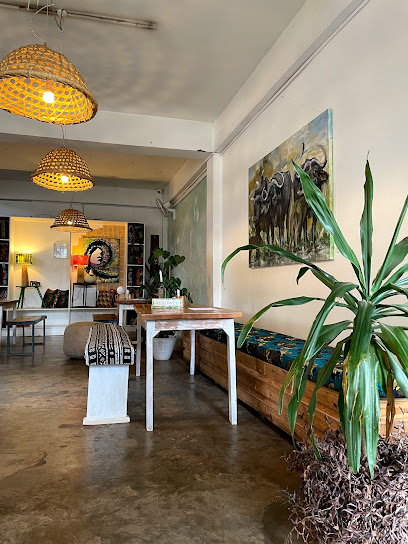
Hero Restaurant
Discover exquisite cuisine and stunning views at Hero Restaurant in Nairobi's Trademark Hotel Village Market.
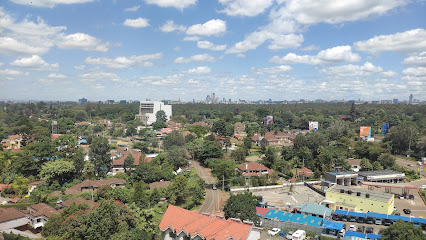
Tamarind Brasserie
Discover delicious family-friendly dining at Tamarind Brasserie in Nairobi; where exquisite flavors meet warm hospitality.
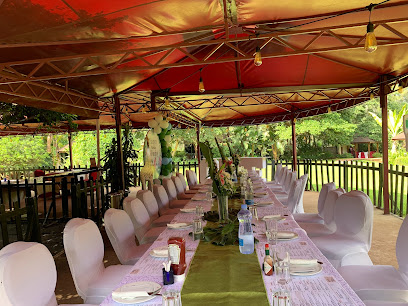
Jiko Restaurant At Tribe Hotel
Discover exquisite Kenyan cuisine blended with international flair at Jiko Restaurant in Nairobi's Tribe Hotel.

La Cascina
Discover La Cascina in Nairobi - where local flavors meet international cuisine in a charming setting.
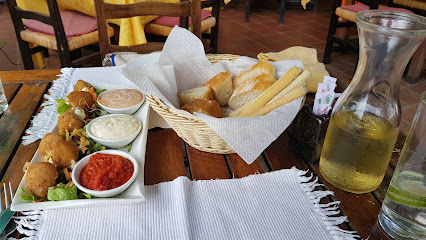
Thai Chi Restaurant
Experience authentic Thai cuisine in Nairobi's vibrant central district at the renowned Thai Chi Restaurant.
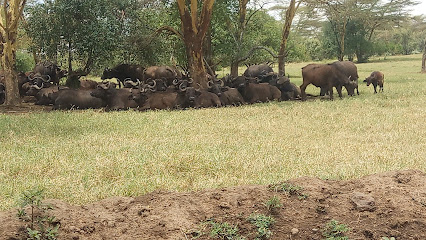
Tambourin @ Kempinski
Savor authentic Lebanese cuisine at Tambourin @ Kempinski in Nairobi—an elegant dining experience infused with rich flavors and warm hospitality.
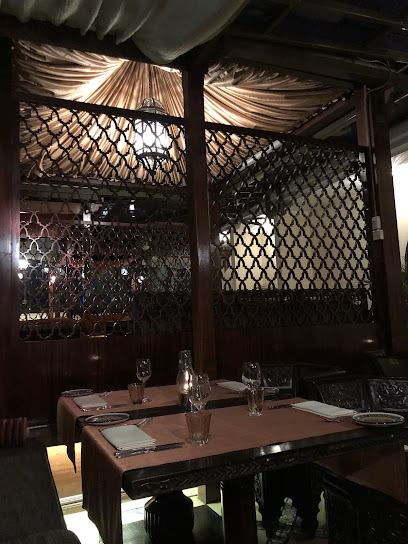
Elgon Valley Resort
Discover tranquility at Elgon Valley Resort—your perfect escape into nature's beauty with great food and vibrant atmosphere.
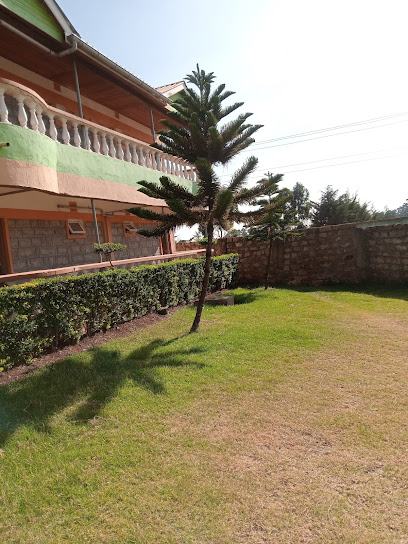
Markets, malls and hidden boutiques
Mt. Elgon Forest Reserve
Explore the breathtaking beauty of Mt. Elgon Forest Reserve, a hiker's paradise rich in wildlife and stunning landscapes, perfect for nature lovers.
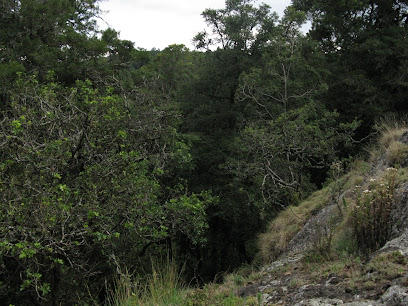
Kayos trading centre
Discover the essence of Kiptogot at Kayos Trading Centre, where local culture and community come together in a vibrant general store experience.

Gerald Botique
Explore the vibrant fashion scene at Gerald Boutique, Kitale's premier clothing store featuring unique styles and local craftsmanship.
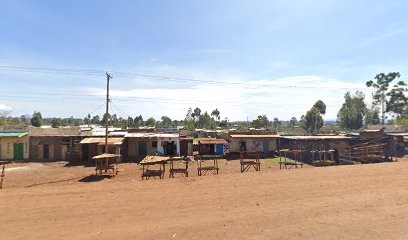
Elgon Stationers
Discover creativity and community at Elgon Stationers, your premier stationery store in Kapchorwa, Uganda.
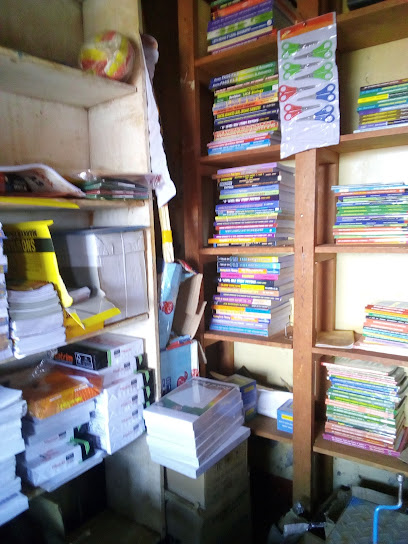
Mwenye haki garments
Explore the vibrant traditions of Kenya at Mwenye Haki Garments, your go-to gift shop for authentic local handicrafts and souvenirs.

Mama neema*shop
Explore Mama Neema Shop in Twiga, where local charm meets everyday essentials, perfect for tourists seeking unique finds and cultural experiences.

Sikon Shopping
Discover local treasures and immerse yourself in Ugandan culture at Sikon Shopping in Butandiga, a must-visit general store for every traveler.

Saimu Company Limited
Explore Saimu Company Limited: Your Gateway to Authentic Kenyan Crafts and Local Goods in Elgons Elgon.

Bungoma chemist
Explore Mt. Elgon with confidence, knowing Bungoma Chemist is your trusted partner for health and wellness.

Elgon View Shop
Explore the unique crafts and vibrant culture at Elgon View Shop in Kimilili, where tradition meets creativity.
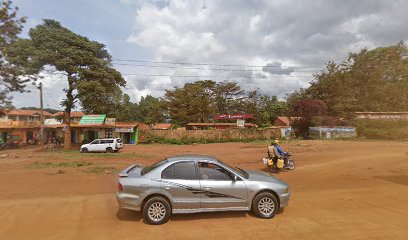
Glam Gal Shop
Explore unique Ugandan products and souvenirs at Glam Gal Shop, a charming general store in Manyatta Corner Lejo, Uganda.

Mount Elgon Shop
Explore the unique offerings of Mount Elgon Shop, where local crafts and culture blend beautifully in Sub County.

Grain Industries Limited
Explore Grain Industries Limited in Uganda, a vibrant general store offering a taste of local culture and unique shopping experiences.

Elgon Household
Discover Elgon Household in Kitale - the ultimate destination for quality home goods and sporting equipment, blending local charm and variety.
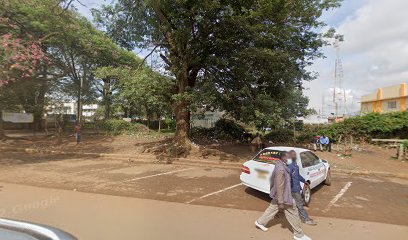
MILLENIUM Mattress store
Discover the perfect mattress at MILLENIUM Mattress Store in Mt. Elgon, where comfort meets stunning natural beauty in Kenya.

Essential bars & hidden hideouts
Club el Tanjia
Enjoy hearty meals, live music, and a lively atmosphere at Club el Tanjia, the heart of entertainment in Mbale, Uganda.

The Oak Bar & Restaurant Mbale
Experience the vibrant nightlife at The Oak Bar & Restaurant in Mbale, Uganda, where delicious local cuisine meets a lively social atmosphere.
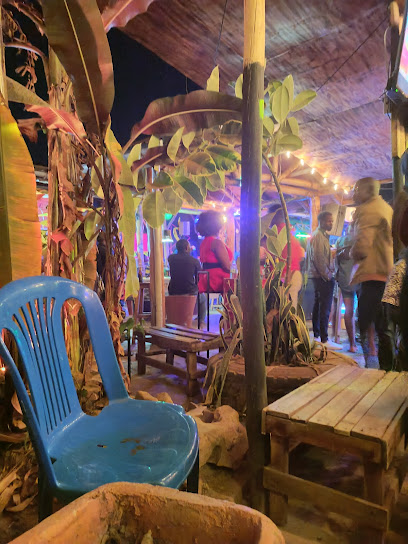
Dyvan Lounge
Experience the vibrant culinary scene at Dyvan Lounge, a unique bar and restaurant in Sironko, Uganda, perfect for relaxation and socializing.
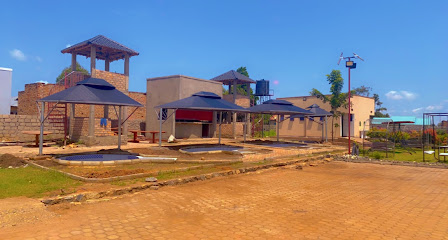
MALIKI LOUNGE AND GRILL
Experience the essence of Kamukuywa at Maliki Lounge and Grill, where vibrant nightlife meets delicious local cuisine.
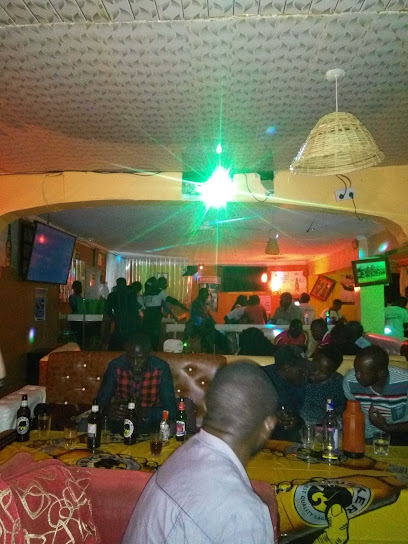
Modern Pub
Experience the lively atmosphere of the Modern Pub in Kitale, offering a perfect blend of local culture, drinks, and cuisine.
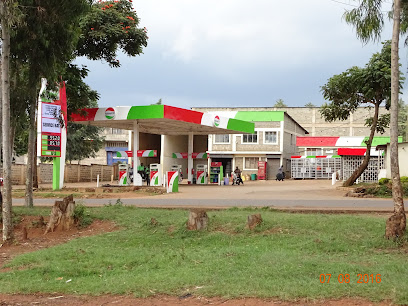
Roots Riverside bar and restaurant
Discover the vibrant culinary scene at Roots Riverside Bar and Restaurant, where local flavors meet a lively atmosphere in Nabiswa.
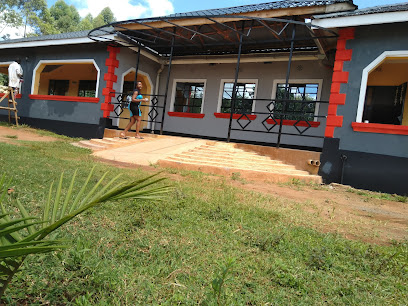
Top Deck Bar & Restaurant
Discover the vibrant atmosphere and delightful local flavors at Top Deck Bar & Restaurant in Mbale, Uganda, where nightlife meets culinary excellence!
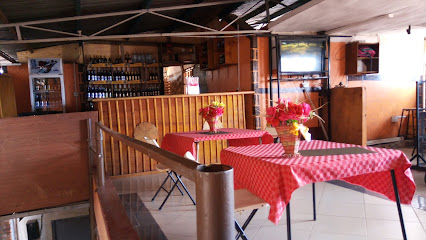
The Palace Bar & Restaurant
Experience the vibrant atmosphere and authentic Kenyan cuisine at The Palace Bar & Restaurant in Chwele, where hospitality meets culture.
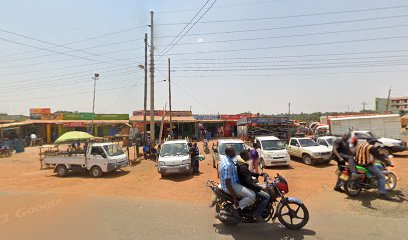
Highway Bar
Experience the vibrant local nightlife at Highway Bar in Kimilili, where drinks and great company await you.
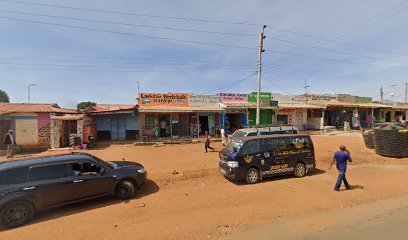
Mango Bar
Experience the local nightlife at Mango Bar in Kolongolo Market, offering refreshing drinks and a vibrant atmosphere perfect for tourists.
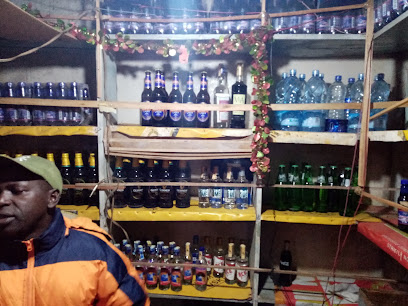
The Weekend Inn Bar
Discover the vibrant atmosphere of The Weekend Inn Bar in Longonot, where relaxation meets friendly vibes and refreshing drinks.
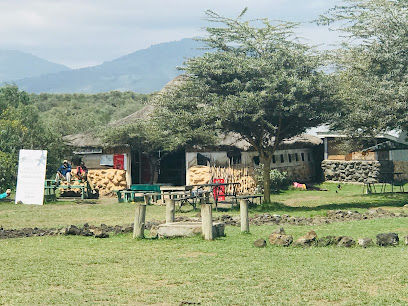
Cocktail Guest Lodge
Experience the vibrant atmosphere and crafted cocktails at Cocktail Guest Lodge in Kimilili, your perfect retreat for relaxation and fun.
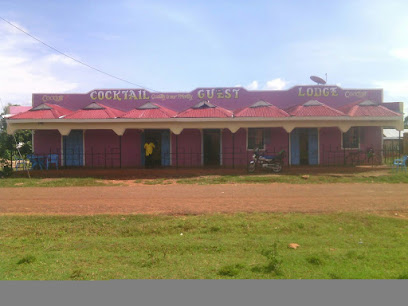
Dreamz pub
Discover the vibrant nightlife at Dreamz Pub in Kimilili, where locals and tourists unite for unforgettable evenings filled with music and drinks.
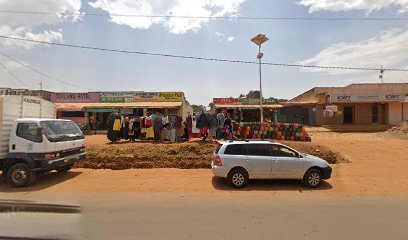
Eden bistro kimilili
Discover the vibrant nightlife of Kimilili at Eden Bistro, where great drinks and live music create an unforgettable experience.
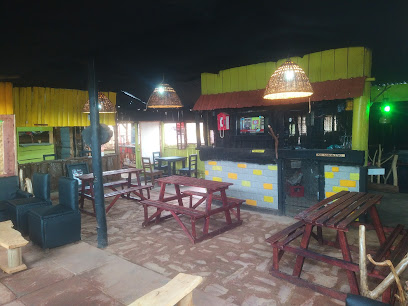
Local Phrases about Mount Elgon National Park
-
- HelloKamwa
[Kah-mwah] - GoodbyeKwaheri
[Kwah-hair-ee] - YesEego
[Ee-go] - NoHapana
[Hah-pah-nah] - Please/You're welcomeTafadhali
[Tah-fah-dah-lee] - Thank youAsante
[Ah-sahn-tay] - Excuse me/SorrySamahani
[Sah-mah-hah-nee] - How are you?Uko aje?
[Oo-koh ah-jay] - Fine. And you?Sawa. Na wewe?
[Sah-wah. Nah weh-weh] - Do you speak English?Unasema Kiingereza?
[Oo-nah-say-mah Keen-gair-eh-zah] - I don't understandSielewi
[See-leh-wee]
- HelloKamwa
-
- I'd like to see the menu, pleaseNingependa kuona menyu, tafadhali
[Nin-geh-pen-dah kwoh-nah men-yoo, tah-fah-dah-lee] - I don't eat meatSili nyama
[See-lee nyah-mah] - Cheers!Mambo!
[Mahm-boh] - I would like to pay, pleaseNingependa kulipa, tafadhali
[Nin-geh-pen-dah koo-lee-pah, tah-fah-dah-lee]
- I'd like to see the menu, pleaseNingependa kuona menyu, tafadhali
-
- Help!Usaidizi!
[Oo-sigh-dee-zee] - Go away!Nenda zako!
[Nen-dah zah-koh] - Call the Police!Piga polisi!
[Pee-gah poh-lee-see] - Call a doctor!Piga daktari!
[Pee-gah dahk-tah-ree] - I'm lostNimepotea
[Nee-meh-poh-teh-ah] - I'm illNinaumwa
[Nee-nah-oom-wah]
- Help!Usaidizi!
-
- I'd like to buy...Ningependa kununua...
[Nin-geh-pen-dah koo-noo-nwah] - I'm just lookingNatazama tu
[Nah-tah-zah-mah too] - How much is it?Bei ni kiasi gani?
[Bay nee kyah-see gah-nee] - That's too expensiveHiyo ni ghali sana
[Hee-yoh nee gah-lee sah-nah] - Can you lower the price?Unaweza kupunguza bei?
[Oo-nah-way-zah koo-poon-goo-zah bay]
- I'd like to buy...Ningependa kununua...
-
- What time is it?Saa ngapi?
[Sah nah-gah-pee] - It's one o'clockNi saa moja
[Nee sah moh-jah] - Half past (10)Nusu kumi
[Noo-soo koo-mee] - MorningAsubuhi
[Ah-soo-boo-hee] - AfternoonMchana
[Meh-chah-nah] - EveningJioni
[Joh-nee] - YesterdayJana
[Jah-nah] - TodayLeo
[Leh-oh] - TomorrowKesho
[Kay-shoh] - 1Moja
[Moh-jah] - 2Mbili
[Mbee-lee] - 3Tatu
[Tah-too] - 4Nne
[N-nay] - 5Tano
[Tah-noh] - 6Sita
[See-tah] - 7Saba
[Sah-bah] - 8Nane
[Nah-nay] - 9Tisa
[Tee-sah] - 10Kumi
[Koo-mee]
- What time is it?Saa ngapi?
-
- Where's a/the...?Iko wapi...?
[Ee-koh wah-pee] - What's the address?Anwani ni gani?
[An-wah-nee nee gah-nee] - Can you show me (on the map)?Unaweza kunionyesha (kwenye ramani)?
[Oo-nah-way-zah koo-nee-oh-nyeh-shah (kweh-neh rah-mah-nee)] - When's the next (bus)?Basi lifuata lini?
[Bah-see lee-foo-ah-tah lee-nee] - A ticket (to ....)Tiketi (kwenda ....)
[Tee-keh-tee (kwen-dah)]
- Where's a/the...?Iko wapi...?
History of Mount Elgon National Park
-
Mount Elgon is an extinct shield volcano that rises about 4,321 meters above sea level. Its formation dates back to over 24 million years ago during the Miocene epoch. The mountain's caldera is one of the largest in the world, measuring approximately 8 kilometers in diameter. The geological history of Mount Elgon has contributed to its unique landscape, characterized by rugged terrain, cliffs, caves, and waterfalls.
-
The Sabaot people, a subgroup of the Kalenjin, are indigenous to the Mount Elgon region. Their history is deeply intertwined with the mountain, which they consider sacred. The Sabaot have practiced agro-pastoralism for centuries, cultivating crops like millet and sorghum, and herding cattle, goats, and sheep. Traditional Sabaot culture includes unique rituals, oral histories, and a deep respect for the natural environment.
-
During the British colonial period in Kenya (1895-1963), Mount Elgon and its surrounding areas were subjected to significant changes. The British colonial administration attempted to demarcate and allocate land, leading to conflicts with the indigenous communities. The Sabaot and other local groups resisted these efforts, resulting in a series of confrontations and forced relocations that have had lasting impacts on the region's social fabric.
-
Mount Elgon National Park was officially established in 1968 to protect the unique biodiversity and natural heritage of the region. The park spans both Kenya and Uganda, covering an area of approximately 1,279 square kilometers on the Kenyan side. The establishment of the national park has played a crucial role in conserving the region's flora and fauna, including rare species like the Elgon teak and the endangered African elephant.
-
Mount Elgon National Park is a biodiversity hotspot, home to various plant and animal species. The park's diverse ecosystems range from montane forests to bamboo zones and alpine moorlands. Conservation efforts have focused on protecting endangered species, combating poaching, and promoting sustainable tourism. Initiatives such as community-based conservation programs have been instrumental in involving local communities in the protection of their natural heritage.
-
Mount Elgon is renowned for its numerous caves and waterfalls, which hold significant cultural and historical importance. The Kitum Cave, for instance, has long been used by elephants to mine salt from its mineral-rich walls. The caves also served as shelters and ceremonial sites for the Sabaot people. The park's waterfalls, such as the Chepnyalil and Makutano Falls, are not only scenic attractions but also hold spiritual significance for the local communities.
-
In recent years, Mount Elgon National Park has become an increasingly popular destination for eco-tourism and adventure activities. Efforts to improve infrastructure, such as the construction of trails, lodges, and visitor centers, have enhanced the park's accessibility. Educational programs and guided tours offer visitors insights into the park's rich history, culture, and natural beauty, while promoting conservation awareness and sustainable tourism practices.
Mount Elgon National Park Essentials
-
Mount Elgon National Park is located on the border between Kenya and Uganda. The nearest major city in Kenya is Kitale, approximately 50 kilometers away. The most convenient way to reach the park is by flying into Eldoret International Airport, which is about 130 kilometers from the park. From Eldoret, you can hire a taxi or rent a car to travel to Kitale and then onward to the park. Alternatively, you can take a bus from Nairobi to Kitale, which takes around 6-7 hours, and then use local transportation to reach the park.
-
Within Mount Elgon National Park, the most practical way to explore is by hiring a 4x4 vehicle, as the terrain can be rugged and some areas are difficult to access with standard vehicles. Guided tours are also available and are highly recommended for a more comprehensive experience. For those who prefer public transportation, local matatus (shared minibuses) can take you to the park's main gate, but they are less convenient for exploring the interior.
-
The official currency in Kenya is the Kenyan Shilling (KES). Credit cards are accepted in most hotels and larger establishments, but it is advisable to carry cash for smaller transactions, particularly in rural areas like Mount Elgon National Park. ATMs are available in Kitale and other nearby towns. It is a good idea to withdraw sufficient cash before heading into the park as there are no ATMs within the park itself.
-
Mount Elgon National Park is generally safe for tourists, but it is essential to take standard precautions. Avoid walking alone at night, especially in unfamiliar areas. Petty crime, such as pickpocketing, can occur, so keep your belongings secure and be vigilant in crowded places. Some border areas near Uganda may have higher crime rates; it is advisable to check current travel advisories and avoid these regions if necessary.
-
In case of emergency, dial 999 for immediate assistance. The nearest medical facilities are in Kitale, which has hospitals and pharmacies. It is crucial to have travel insurance that covers medical emergencies. For minor health issues, carry a basic first aid kit and any necessary medications. Always inform your guide or the park authorities of your whereabouts, especially if you plan to venture into remote areas.
-
Fashion: Do wear comfortable, weather-appropriate clothing, and sturdy walking shoes. Avoid flashy jewelry and expensive-looking accessories. Religion: Do respect local customs and traditions. Dress modestly when visiting religious sites. Public Transport: Do be polite and respectful when using public transport. Don't use public transport late at night. Greetings: Do greet people with a handshake and a smile. A respectful nod can also be appreciated. Eating & Drinking: Do try local dishes and show appreciation for the food. Don't drink tap water; always opt for bottled or purified water.
-
To experience Mount Elgon National Park like a local, visit during the dry season from June to August or December to March for the best hiking conditions. Engage with local guides who can offer insights into the park's flora, fauna, and cultural history. Don't miss the Kitum Cave, known for its unique elephant behavior. For a truly local experience, participate in community-based tourism initiatives that allow you to interact with the local Sabaot people and learn about their way of life.
Trending Landmarks in Mount Elgon National Park
Nearby Cities to Mount Elgon National Park
-
Things To Do in Kitale
-
Things To Do in Eldoret
-
Things To Do in Kisumu
-
Things To Do in Jinja
-
Things To Do in Lira
-
Things To Do in Kampala
-
Things To Do in Nakuru
-
Things To Do in Entebbe
-
Things To Do in Naivasha
-
Things To Do in Gulu
-
Things To Do in Masaka
-
Things To Do in Nairobi
-
Things To Do in Bukoba
-
Things To Do in Mwanza
-
Things To Do in Arua







